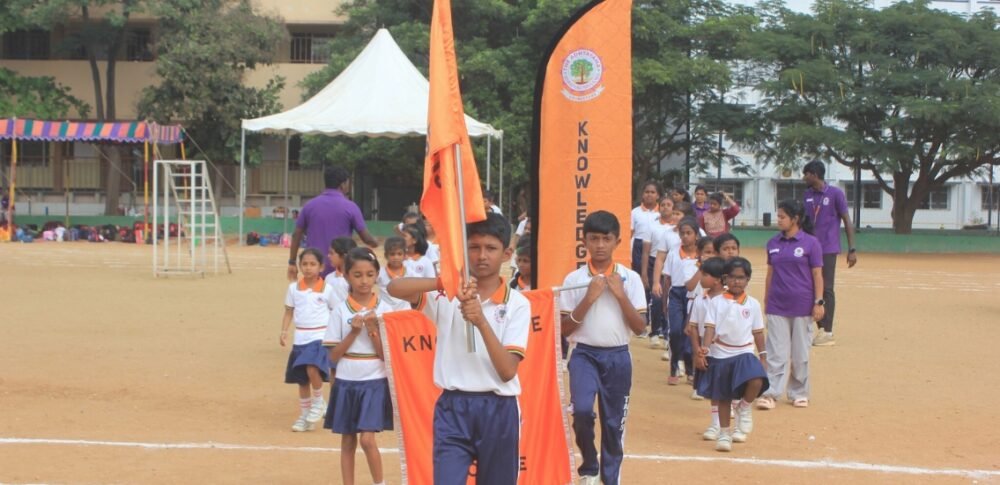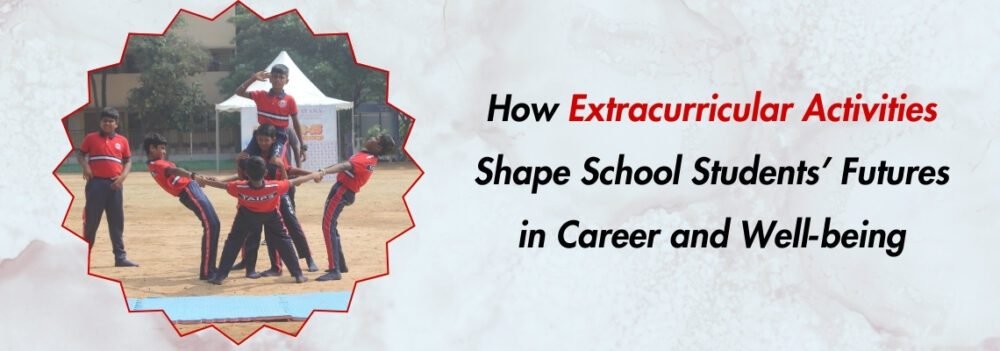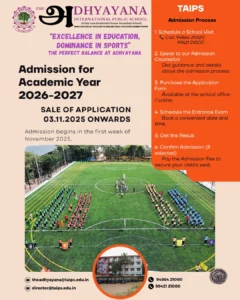Extracurricular activities benefits for students are wide-ranging and extend well beyond the classroom. Students who take part in clubs, sports, arts, and community service develop skills and habits that guide them toward success and happiness. In this article, we explore how these activities shape students’ future careers and support their overall well-being.
Building Confidence and Practical Skills
When students join an activity—whether it’s drama club, debate team, or the school newspaper—they step into a new role that challenges them to try tasks they might not face in lessons. Delivering a speech at a debate tournament boosts public speaking skills. Leading a team in a sport teaches organization and strategy. Over time, these hands-on experiences build confidence. Young people learn to trust their ideas and abilities. This self-assurance carries into job interviews, presentations, and everyday life, helping them tackle challenges with a positive mindset.
Encouraging Teamwork and Leadership

Many extracurriculars revolve around group efforts. In sports, every player relies on teammates to win a match. In music ensembles, each musician must listen to others to create harmony. These shared goals teach students to cooperate, communicate clearly, and respect different viewpoints. Some students find themselves taking on leadership roles—captain of the basketball team, editor of the school paper, or president of the environmental club. Leading peers offers firsthand experience in making decisions, handling conflicts, and motivating others—all key qualities employers look for in future professionals.
Focusing On Mental and Physical Health
Regular physical activity—like football, swimming, or dance—keeps students fit and releases stress. Exercise helps balance mood and focus, improving performance in all areas of life. At the same time, creative outlets such as painting or playing an instrument offer a break from academics and a chance to express emotions. Activities that require mindfulness, such as yoga or martial arts, promote calm and better concentration. Overall, students who stay active both mentally and physically show fewer signs of anxiety and report higher levels of happiness.
Boosting Academic Performance
Contrary to the idea that extracurriculars distract from studies, research shows they often support stronger academic results. Students involved in clear goals like mastering an instrument or preparing for a science fair learn time management. They practice setting aside study periods and balancing commitments. This strong sense of discipline often leads to better grades and a readiness to handle complex projects at college or work. Furthermore, topics explored in clubs—like journalism or coding—can spark new interests and influence future career choices.
Cultivating Social Connections and Networks
Entering any after-school group introduces students to peers with shared interests. These friendships provide a sense of belonging and support. Working together on projects, traveling for competitions, and cheering each other on fosters deep bonds. These relationships often last beyond graduation. Alumni networks from clubs and sports teams can become valuable professional connections down the line. Through these networks, former students may find mentors, internship leads, or even job offers.
Developing Career-Related Experience
Many extracurriculars serve as a testing ground for career interests. A student writing for the school magazine may discover a passion for journalism. A young coder in a robotics team might pursue a career in software development. Volunteering with community groups can ignite a desire for social work or non-profit management. These early experiences allow students to explore fields before committing to a college major. They also build resumes with concrete achievements, making applications for higher education or jobs more competitive.
Fostering Adaptability and Problem-Solving

In clubs and teams, plans can change at a moment’s notice—a game might be postponed, a project deadline moved, or a key member unavailable. Students learn to adapt quickly, find creative solutions, and support one another to meet new challenges. This flexibility is crucial in today’s fast-changing world, where employers need individuals who can navigate uncertainty and keep projects on track.
Encouraging Lifelong Interests and Balance
Extracurriculars often plant seeds for lifelong hobbies and interests. A student who joins choir may continue singing in community groups as an adult. One who learns chess in school may find it a fun way to unwind at college. By helping young people discover healthy pastimes outside of work or study, these activities support a balanced lifestyle. This balance is key to long-term mental health and career satisfaction.
By taking part in clubs, sports, and community projects, students gain confidence, health, social ties, practical skills, and career insights. These benefits serve them not only in their school years but throughout life. Schools that encourage a range of activities prepare young people to succeed in work and well-being. TAIPS (The Adhyayana International Public School), CBSE Schools In Coimbatore, offers a variety of such programs to help students shape bright futures.




